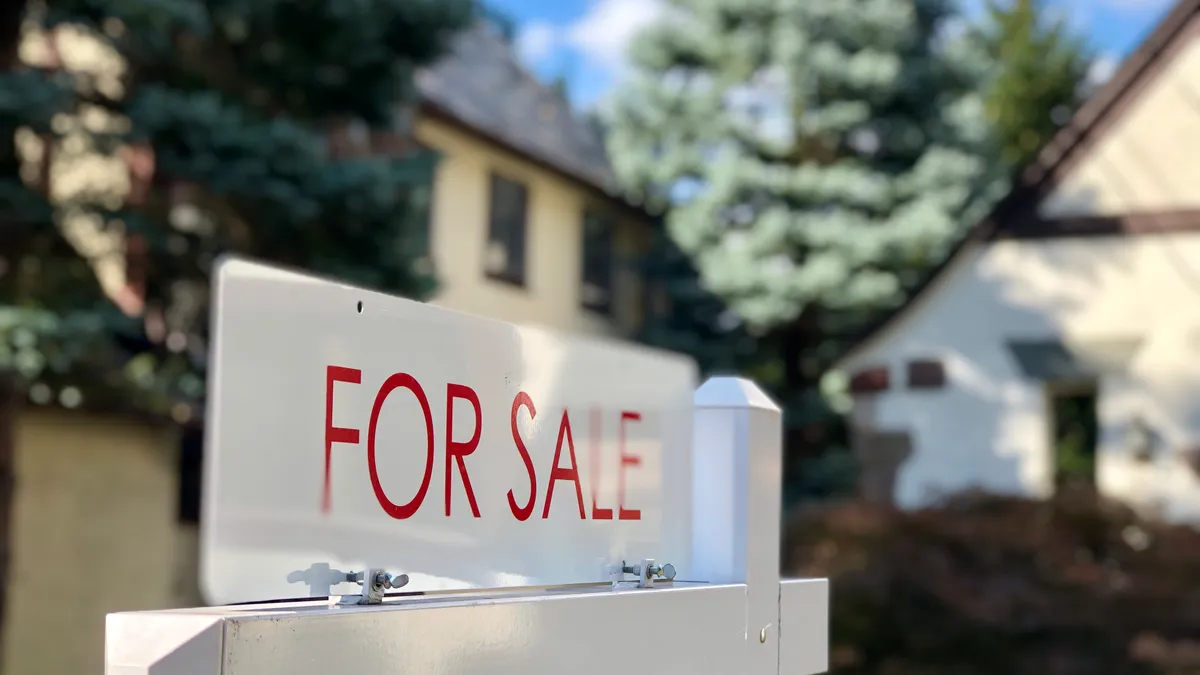NEW YORK CITY — Few emerging technologies have received as much hype and anticipation as blockchain, with those in the public and private sectors scrambling to evaluate how it can be harnessed.
Cities could use it in various ways such as transaction validation, smart contracts and managing voting and parking demands, and that has already kicked into high gear in places like Dubai, which has a bold strategy to go paperless. Meanwhile, companies of all sizes in the private sector are exploring their own ways to use blockchain.
A whole industry has also sprung up to educate businesses, governments and ordinary people on the technology. New York City opened its own space, the NYC Blockchain Center, in January.
Operated on behalf of a partnership between the New York City Economic Development Corporation (NYCEDC), the Global Blockchain Business Council and Future Perfect Ventures, the center in Manhattan offers a chance for entrepreneurs in the space to network and share ideas. It also helps underrepresented groups across all five boroughs understand the technology and looks to foster dialogue on future government regulation of the industry.
Led by Executive Director Kimberly Quinones, a former public finance investment banker on Wall Street, the center has already had around 1,700 people through its doors for events and other opportunities.
Smart Cities Dive caught up with Quinones last week for a discussion about the future of blockchain and how governments at all levels might regulate the technology.
This interview has been edited for clarity and brevity.
SMART CITIES DIVE: How do you ensure that there is diversity in those who work on blockchain?
KIMBERLY QUINONES: It's the networks and reaching out. There are different organizations, and the local elected officials ... We call them up and say, "Hey, do you want us to do a workshop in your back yard?" They say, "Oh my gosh, yes!" I'm actually trying to get some of those set up for the fall ... It hasn't been hard to get a diverse group coming through here, frankly. But we make sure that we make that extra effort and outreach every time ... We work with groups like Latinx in Blockchain, Women in Blockchain, all these different groups have meetings here too.
How do you see regulation evolving in this arena?
QUINONES: Just like with insurance and financial services and banks, every state has a regulator. Unless something fundamentally changes, you're going to have each state doing something. We would hope that it becomes similar. New York state got out early with the BitLicense in 2015. It took a long time getting off the ground, but now it's moving along nicely…You've got different levels.
The federal government perhaps will be taking a look at all this stuff with Facebook and Libra and all that, so their ears have pricked up ... I think you're going to have a multi-layered approach, but what we hope to add is this two-way conversation. It's a difficult technology to understand, so we want to help the regulators understand the technology and understand the uses and what is happening. And the same thing: we want our entrepreneurs to understand where it is that they're going to care and where they're not going to care.
What are some of the most exciting uses of blockchain that you see out there?
QUINONES: They all excite me. Clearly, there's a lot going around about supply chain domestically and internationally. That is very real. There are others where the application is great: health care, let's say, but you've got HIPAA rules there ... As you peel away the layers, the complexity comes out.
There's got to be cost savings involved, and a real driven business use for it. I would say really the supply chain is where we're seeing a lot of use, but there were people in here from major chemical companies again on supply chain tracking. Virtually every financial services firm has a dedicated group inside their business looking at the applications of blockchain technology across a bunch of different business sectors. There's more.
How far off do you think we are from having it as standard?
QUINONES: I think we've hit a point where people are realizing it's not a panacea. It's not going to be everywhere, you don't want blockchain everywhere. But I think over the next few years, you're going to not see it, because it's just going to be happening within these other business processes. You may not realize that it's blockchain, but it's blockchain being applied within a different process going on in a company. I think that's where you're going to end up.
One of the things people say is it's 20% technology implementation and 80% business practice change. The technology is part of it, but then it's the business processes surrounding it. That's where I say, you're going to eventually get to a place where you're not hearing so much about blockchain underneath it, it's just more that this is what's happening.
Is it hard for businesses to change processes like this?
QUINONES: Absolutely, and that's why they have to carefully consider if there's a problem and if there's a solution, and if they can make blockchain apply and if it will make them better off ... It's not always going to do that. We don't want people with business ideas running around looking for a problem. I think it's better to have a problem and figure out how you apply it. It's early. All these different blockchains are evolving, the different platforms are evolving and different ones are coming up better for different uses ... We're really early in the game.





















